Articles
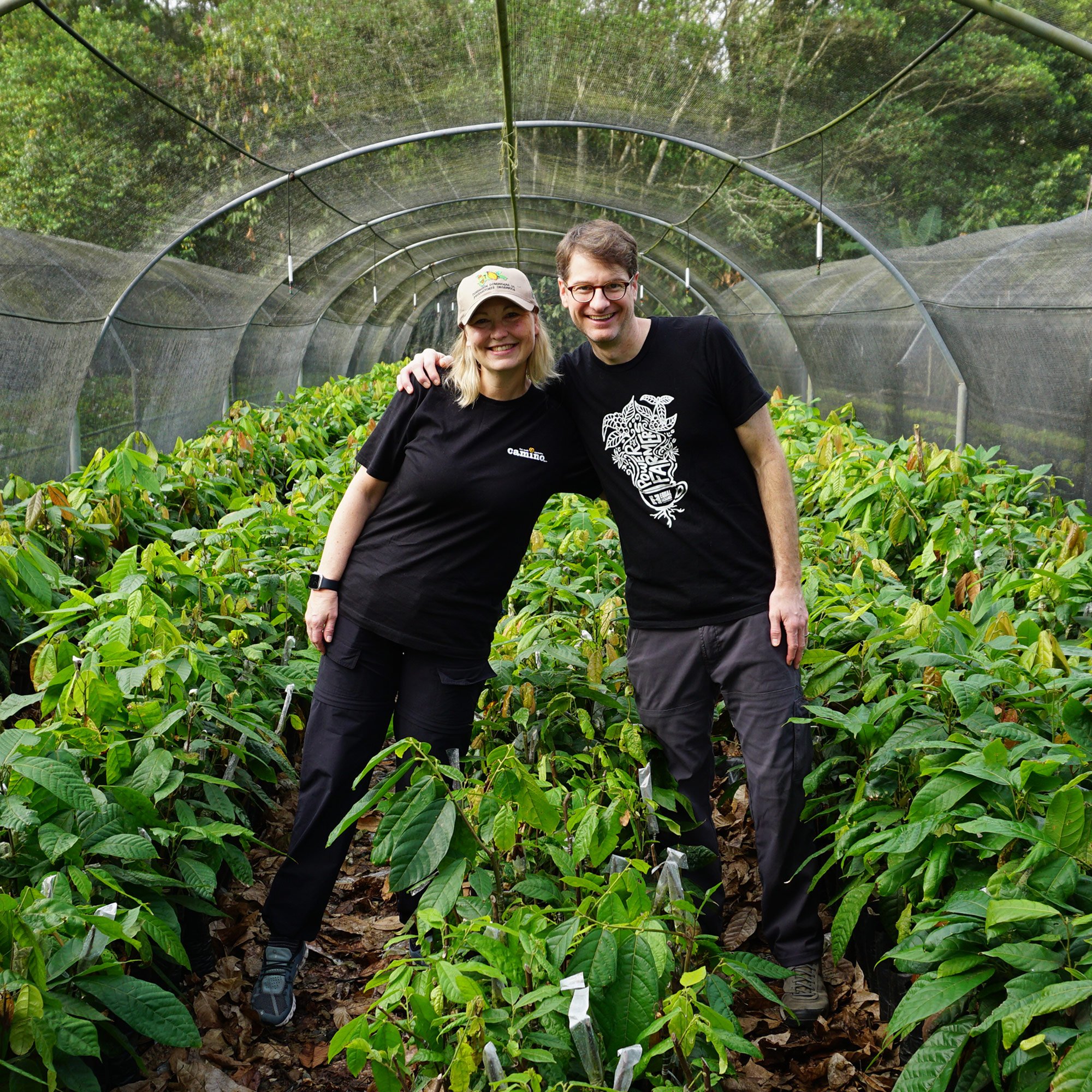
La Siembra and Equal Exchange Integrate
The worker-owners of La Siembra Cooperative Inc. and the members of the Equal Exchange Worker Cooperative have voted to merge, creating a unique model of international worker cooperation. This integration builds on the long-standing commercial and solidarity relationship between our two organizations as fair trade worker co-ops.
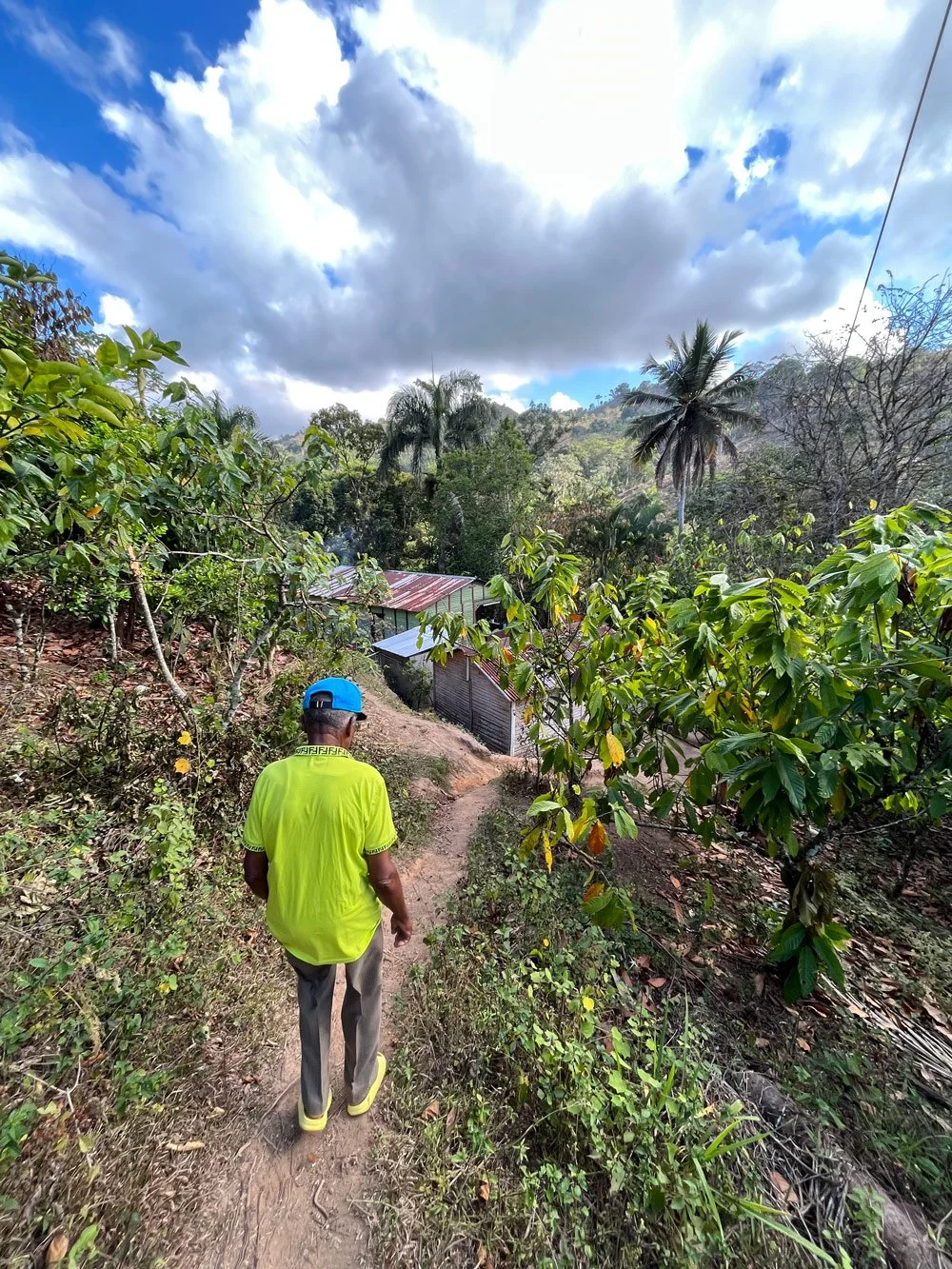
Pulling Through a Difficult Year in Chocolate
The food system is not set up to favor small-scale producers, small or medium independent businesses, or truly mission-based organizations. This is exactly why Equal Exchange and our network of partners and supporters do what we do: to demonstrate that another way is possible, and in fact is increasingly necessary. Our chocolate and cocoa lines faced a triple threat: high prices, scarce cocoa, and tariffs. Though stabilizing, these challenges serve as a cautionary tale.
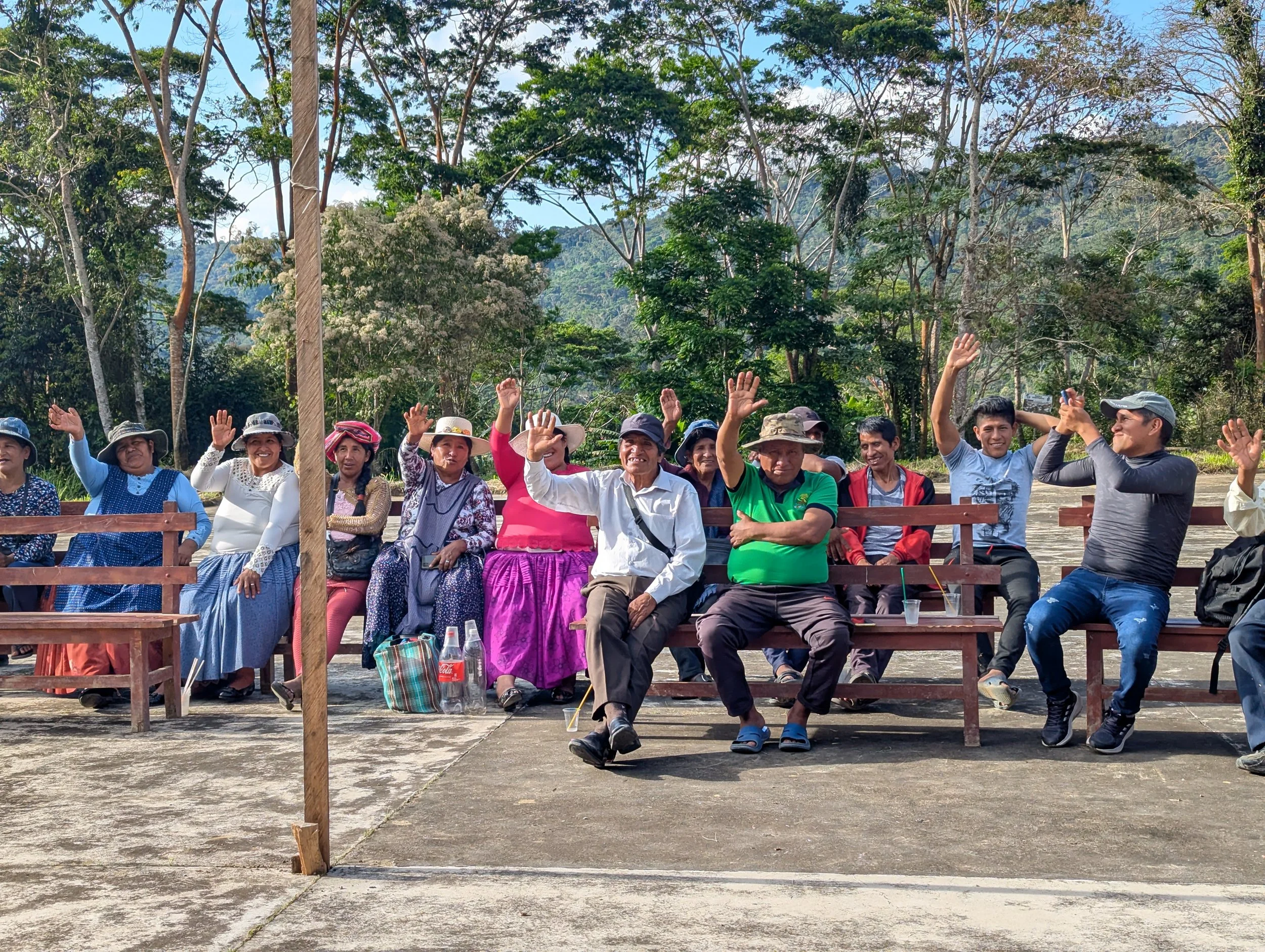
Cooperation as a Worldview: Our Partnerships in Bolivia
Bolivia has a thriving indigenous tradition called “ayni,” a word from the Quechua and Aymara indigenous languages used by the farmers, which means “today for you, tomorrow for me.” The word describes a larger cultural perspective of mutual respect and reciprocity that was evident on a recent trip our sourcing team took to visit three producer partners in the Amazon Basin.

A Minnesotan Afternoon Tea
On a Saturday afternoon in late June, 90 people gathered for a festive Fair Trade Tea at the First Congregational United Church of Christ in Mankato, Minnesota.

A Tribute to the Extraordinary Phil Berry
Phil Berry, a former Equal Exchange worker-owner and long-time Interfaith and Customer Service Representative, passed away in April. Phil was a favorite of Equal Exchange customers who called and specifically asked for him. He provided great service, gave thoughtful suggestions, and in general, just cheered people up.

The Greenwashing of “Regenerative”
To ensure the regenerative movement remains authentic, we must draw on lessons from the past. What criteria can help us distinguish genuine efforts from empty rhetoric? How do we hold organizations accountable and ensure that regenerative practices drive real, systemic change? By learning from history and acting with intention, I hope we can protect this promising movement's integrity and its potential to create a just and sustainable future.

Coffee with a Story: Why the Democratic Republic of the Congo Needs Us
A few weeks ago, Equal Exchange organized a virtual event in collaboration with the Panzi Hospital. We came together to talk about the disturbing conflict in the Democratic Republic of the Congo, the current realities on the ground, and how the Panzi Hospital has been a beacon of light for the healing that is needed in the DRC.

The Soil Whisperers
It’s hard to talk about the coffee farmer organization COMSA in Honduras without talking about soil. And after visiting them in January, where they repeatedly astounded me, I wouldn’t want to be soil silent. To the contrary, I hope to share a few insights to spread my newfound soil enthusiasm.

We Lost USAID Funding, but We’re Keeping the Work Alive
What would you do if you had the chance to apply to the US government for a $4 million grant? Back in 2010, we had this chance, and frankly, we were on the fence. After serious deliberation, we decided to apply. As a result, for almost 15 years, we managed farmer-focused development projects, directing resources and programming to small farmer co-ops and their members, with undeniably positive results. We were poised to implement the next wave of this work until, in February this year, the US government abruptly terminated USAID awards like ours.

Takeaways From Our Trip to the Coffeelands of Colombia
We took a group of food co-op partners, wholesale accounts, and consumers to visit the farmers of ASPROCAFE Ingruma, a co-op that’s bucking the norm in Colombia to grow coffee organically. These are their takeaways, in their own words.
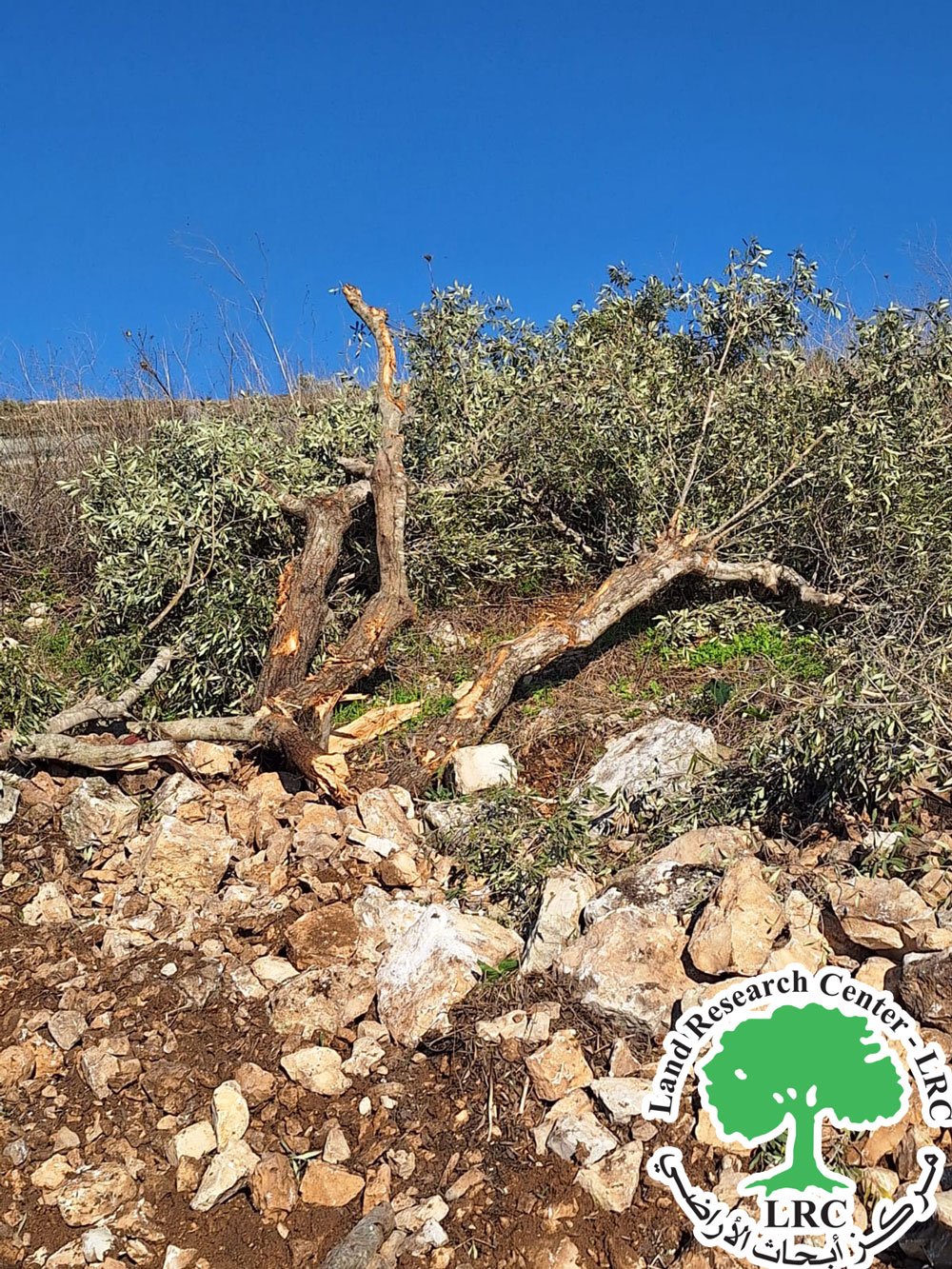
Update on Palestinian Farmers in the West Bank
Equal Exchange Olive Oil and Medjool Dates from the Palestinian Agricultural Relief Committee (PARC) come from small farmers in the West Bank. PARC shares an update on what the situation has been like for farmers in the West Bank after October 7th, in 2024 and so far in 2025.
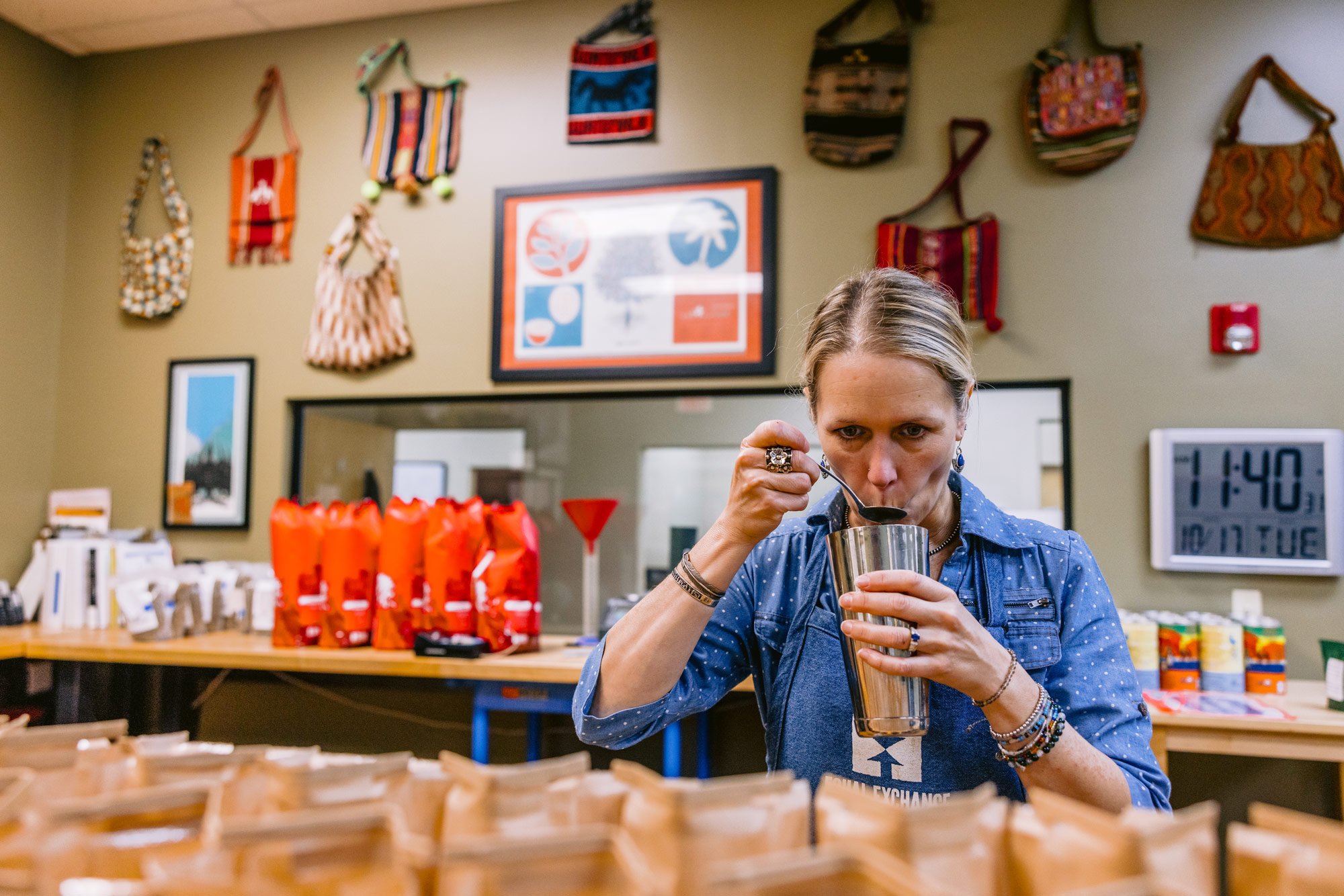
How Do You Become a Professional Coffee Taster?
Well, if you were Beth Ann Caspersen, our Coffee Quality Manager, back in 1998, that was a good question. There were no courses or certificate programs for such a thing as specialty coffee. Today, there are more options. But for small-scale coffee farmers and their co-op staff, access to those formal training options can be very limited, making it just as challenging, in a different way, as when Beth Ann was starting out. She has worked for decades to make this knowledge more accessible for remote farmers.
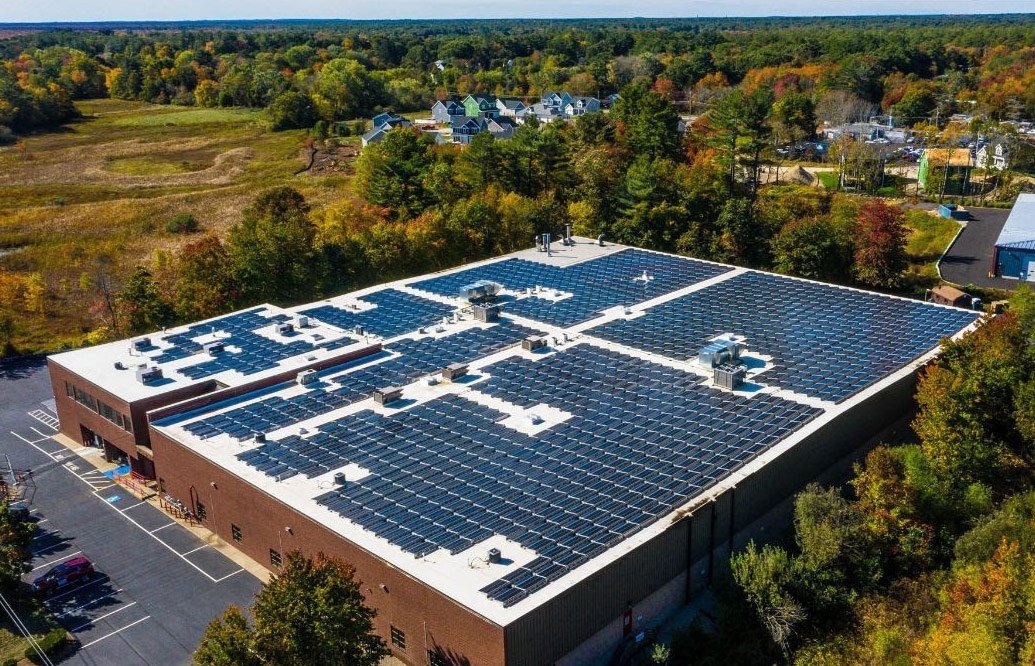
Solar Power at our Roastery
When considering the assets of an organization, one doesn’t always think about the roof of a building. But when we considered adding solar panels to our headquarters, our large, flat roof was a big plus! Equal Exchange Sales Director and Vice President Lynsey Miller shares more.
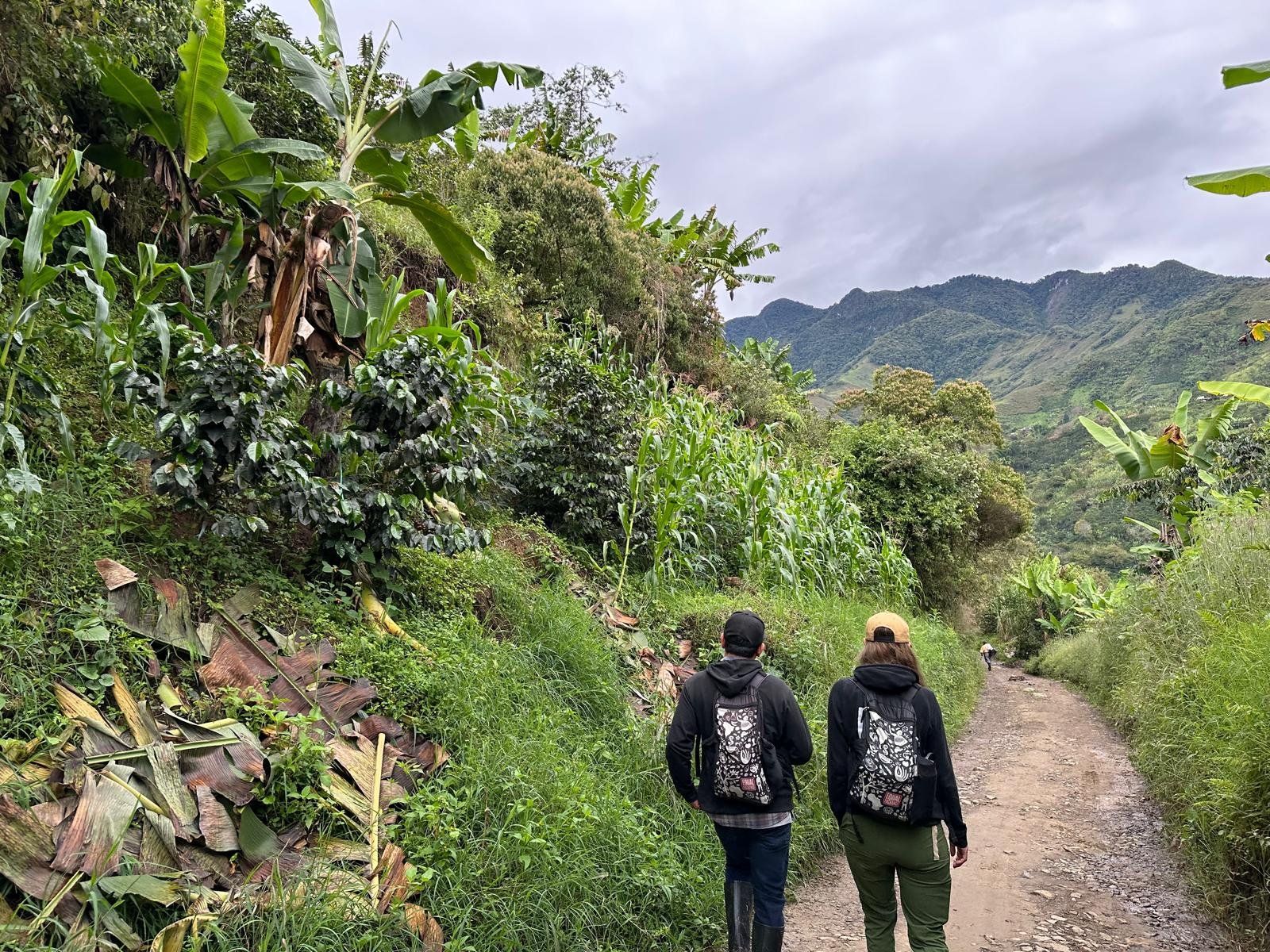
Citizen-Consumer Reflections from Colombia
In November 2024, our staff traveled to Colombia with members of our Citizen-Consumer community to visit our farmer partners there. Here are reflections from two members, Terry Steele and Susan Redlich, shared directly upon their return home.

Chunky Monkey for Change: How Your Pint of Ice Cream Impacts Small Farmers
On October 31, 2024, we hosted a discussion on ethical ice cream sourcing and its impact on farmers with Patricia Llivizupa, a banana farmer and member of Asoguabo, and Cheryl Pinto, Global Head of Values Led Sourcing at Ben and Jerry’s. See the full webinar recording here.

Individual Actions We Can All Take to Transform Food Systems
Following up on her article, Pathways to Creating a Just Food System, Dana Geffner explores the barriers and opportunities to creating a just food system through this four-part series of articles, from outlining regenerative business structures to showing examples of alternative business models and alternatives to conventional shopping. In this fourth and final part of the series, she focuses on what individuals can each do to participate in transforming our food system.
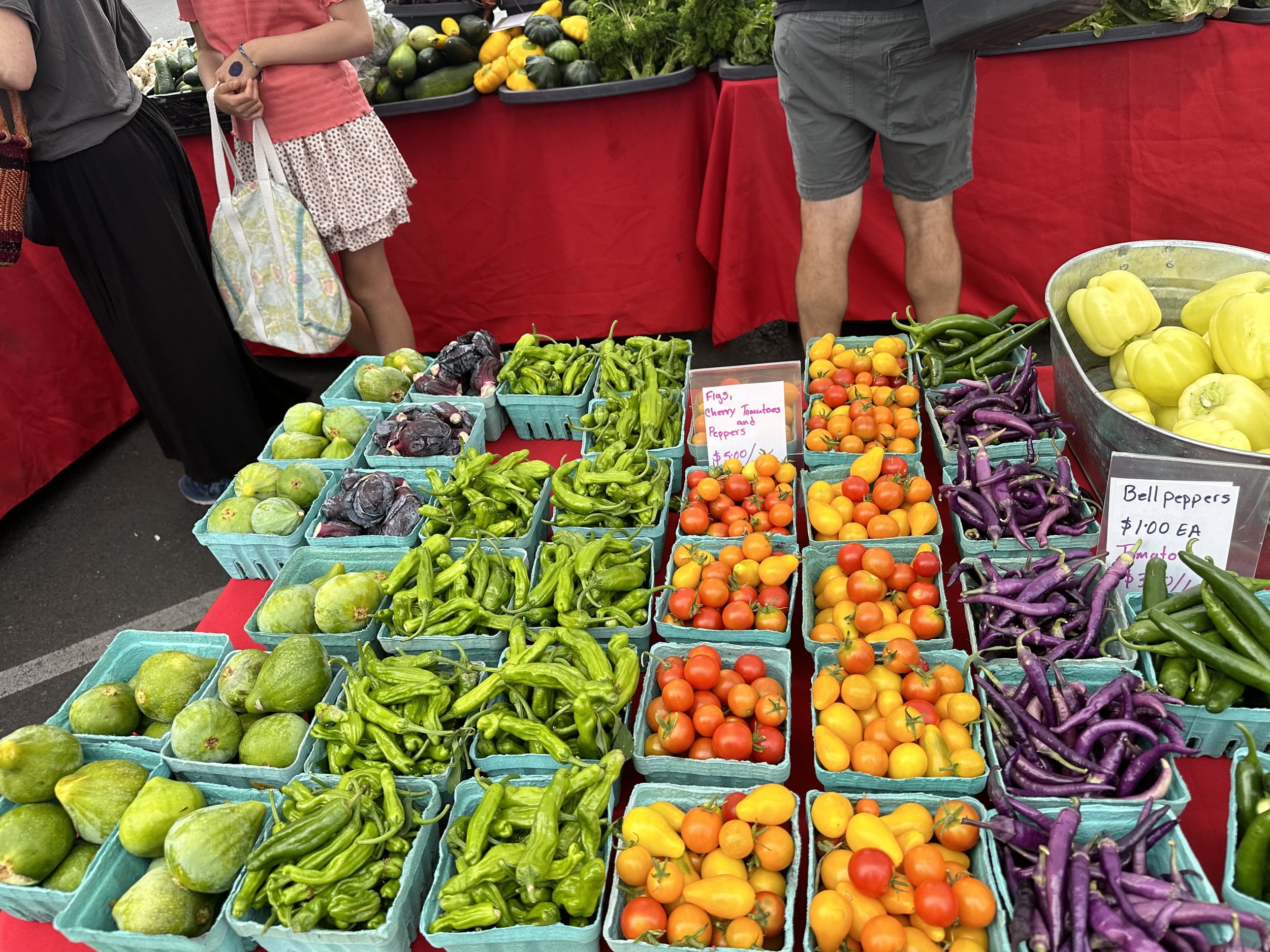
Alternatives to Conventional Shopping
In part 3 of a series, Dana shares examples of people and communities around the globe who are offering consumers a way to shop that does not extract wealth out of communities. Here are a few examples of community-owned grocery stores, national organizing associations, and other models that place farmers in the driver’s seat.
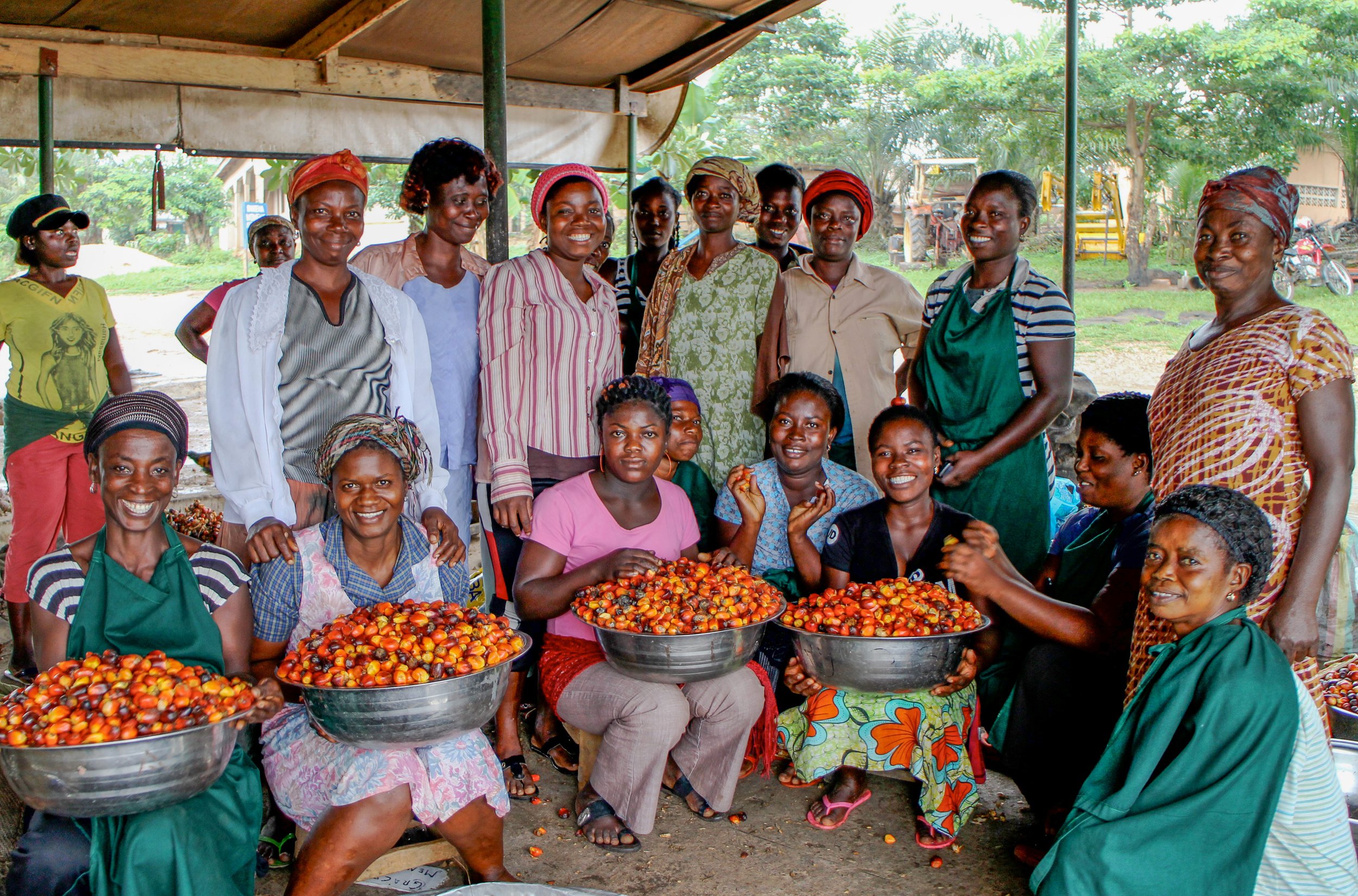
Alternative Business Models Building Fair and Equitable Partnerships
In part 2 of a series on Alternative Business Structures, Dana Geffner examines a few examples of alternative business models that are building fair and equitable partnerships with organizing efforts around the world. By understanding governance structures that officially center people, supporting these efforts and replicating them, we can visualize a path to creating a food system that works for us all.

Conventional vs. Regenerative Business Structures
From manufacturers to retail grocery stores to daily farmers markets, alternative business models are paving the way to transform the food industry. In part 1 of a series, Dana Geffner explores how regenerative practices build fair and equitable partnerships prioritizing workers, small-scale farmers in the global majority, family farmers in the global minority, and farmworkers organizations. With these practices, including regenerative agriculture, we can come out the other side with a world that regenerates rather than degenerates.
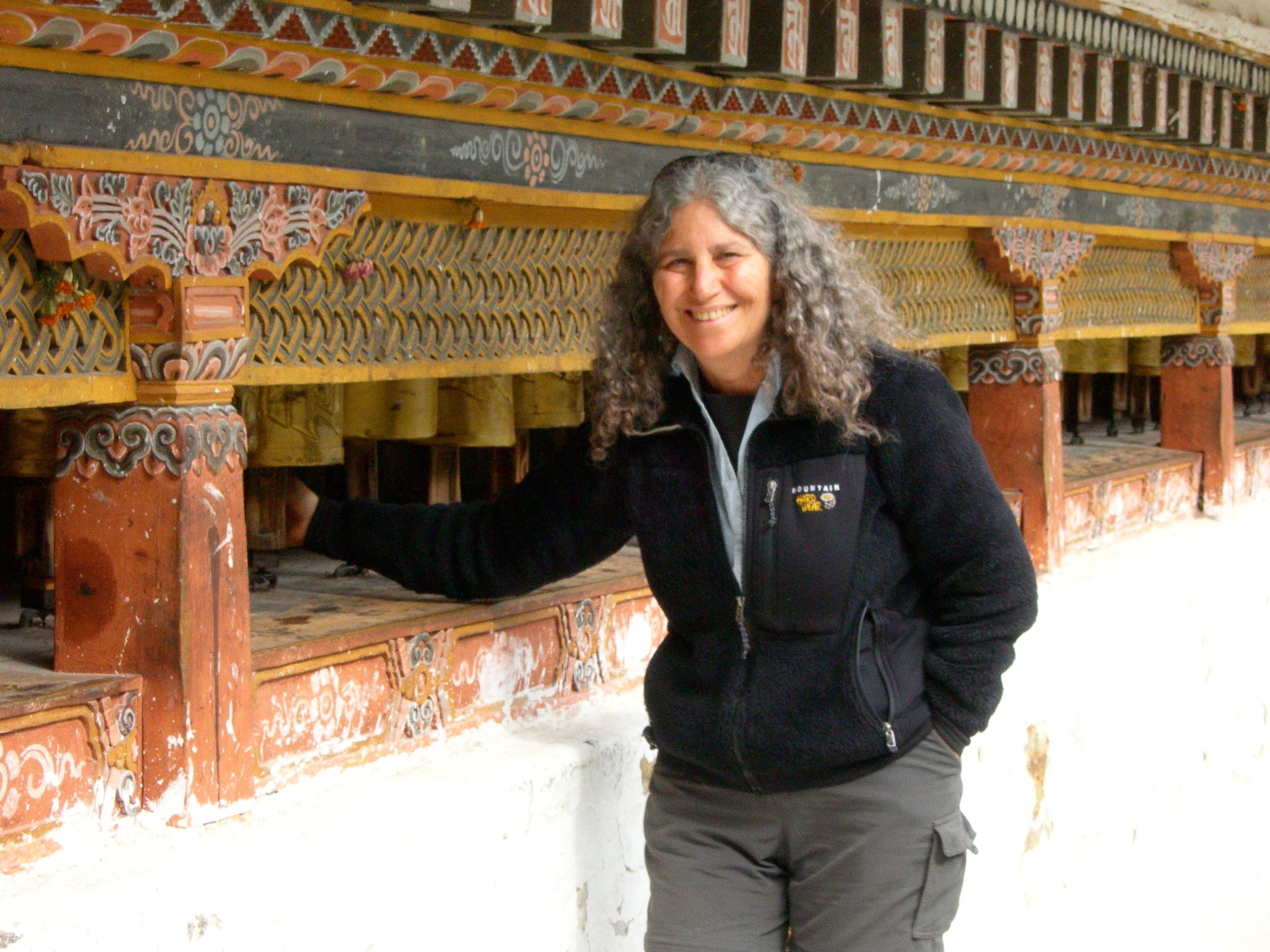
Tribute to a Fair Trade Visionary: Ilana Schatz
Ilana Schatz was a fair trade hero who passed away this past July, after enduring a six-year battle with ALS (Amyotrophic Lateral Sclerosis). She will be remembered for her leadership: her warmth, her humor, and her tireless dedication to creating a more just and compassionate world.

